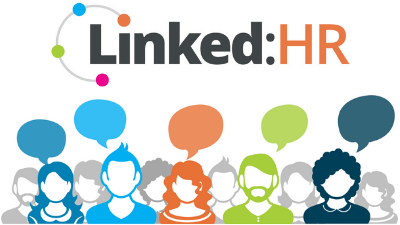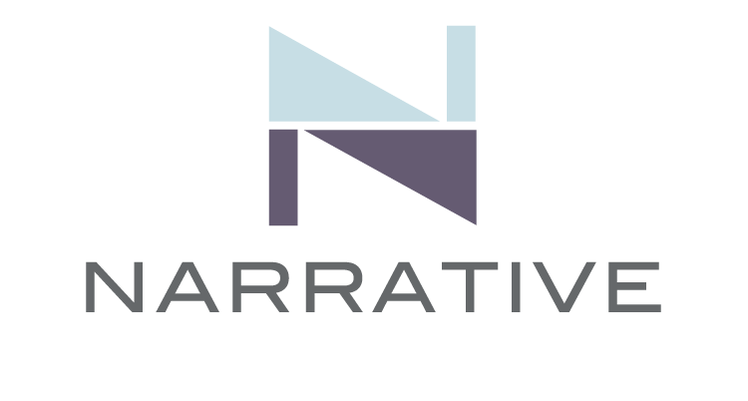|
I just finished teaching a January term course: Ethics, Leadership, and the Game of Thrones. The class ended with two days worth of student-led and student-created ethics games and activities inspired by the world of Westeros. One group led an Ethics Pictionary game. Another designed a fun activity in which we moved from one side of a virtual room to the other to make ethical decisions. Yet another created a "Walk to the Wall" game. Players examined moral dilemmas while being forced to decide whether to "walk to the wall" and take "the black" (a reference to the Night Watchers, characters in the Game of Thrones series) or escape. We played the Ethics Game of Thrones Monopoly and the Ethics Game of Thrones Shoots and Ladders. We laughed. We discussed the advantages and lessons learned from each game. And at the end of it all, I dressed up as Daenerys Targaryen and read a speech in High Valyrian.
One may wonder, "Why would you use Game of Thrones in an ethics course, or why would you play games with such a serious topic?" My answer: First, because it works. According to a study by Jones, Mason, and Jones (2016), we learn better, have more focus, and recall more information when we play. As my students competed to "free Ned Stark," another beloved Game of Thrones character, they were less distracted. They devoted their energy to the activity because it was engaging. And as they focused, they also discussed ethical dilemmas, applied class concepts, and helped their peers learn. Stuart Brown says it best in Play: How it Shapes the Brain, Opens the Imagination, and Invigorates the Soul (2009): "Of all animal species, humans are the biggest players of all. We are built to play and built through play (p. 4)." Despite the importance of play, games are often discouraged in the workplace. For example, I teach a course on instructional design. In that class, I teach students how to design workshops based on a theme (such as Game of Thrones), reimagine board games for instructional purposes, and design adventure simulations. Students who work in more traditional organizations enjoy the activities but doubt they will apply what they learned at work. "This would never fly in my company," they explain. They tell me that they must observe rigid format, content, and time constraints. "Playing" is unacceptable. Students also worry about their reputation. Serious adults behave and act like adults. At work, we do not play games, imagine different worlds, or indulge in make-believe characters. We leave play for children. And early on, young professionals learn that playfulness is a career killer. Today's question: How can we integrate play in the workplace? Think not only of training and education but other everyday workplace activities such as meetings, strategic planning sessions, and even project management. Life is short. Sure, we all must work but... why not have a main course of work with a healthy side of play?
0 Comments
Leave a Reply. |
Dr. Cris WildermuthDr. Cris Wildermuth is Linked:HR's Community Leader and an Associate Professor at Barry University. You may find out more about Dr. Wildermuth's leadership development, ethics, and intercultural development consulting practice at THIS PAGE. Archives
March 2021
Categories
All
|
Thank you to our Sponsors!
Would you like to support Linked:HR? Consider becoming one of our sponsors! Your logo and services will be displayed in our page. Additional business services are available to our sponsors. Please CLICK HERE for additional information.
|
|



 RSS Feed
RSS Feed



